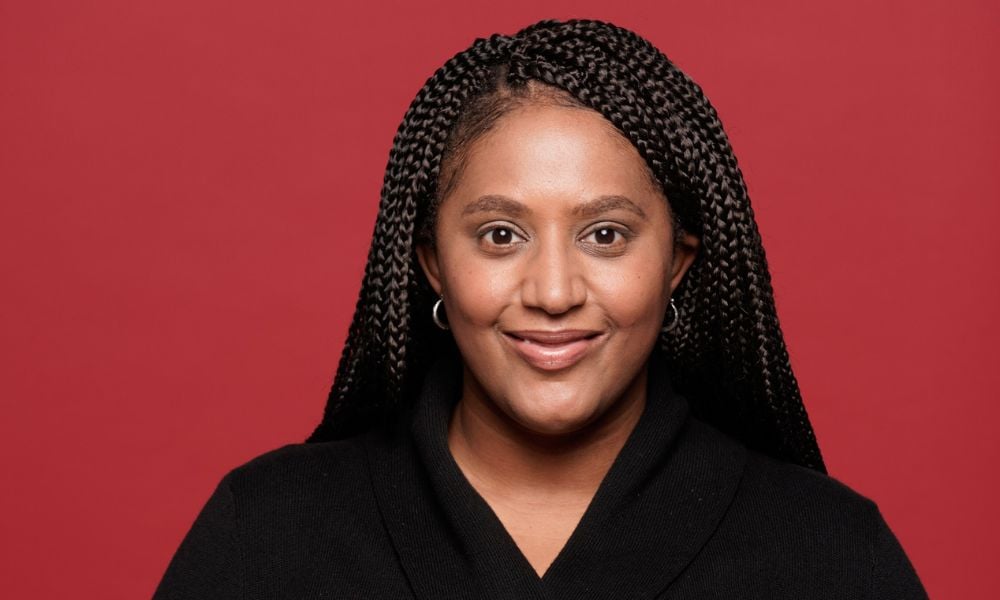
'We're not in a room with each other daily to pick up on hints that someone might be struggling'

While the worst of the pandemic may be over, other issues such as COVID-19, monkeypox and the economy mean that supporting workers’ mental health is of utmost importance, according to Stephanie McRae, head of DE&I at Publicis Groupe Canada, in talking with Canadian HR Reporter.
“There's still things happening in this world which [are] causing stress on employees, so it’s important that we continue to support our employees in that.”
Publicis Groupe is stepping up to the challenge with its three-pronged approach, she says: “Creating better access to mental health, educating our employees, and then providing some training around it.”
For the first approach, Publicis is giving workers mental health benefits of up to $5,000 per year.
“We've also increased the type of mental health services coverage. So, anything from psychology, psychotherapy or a psycho educator, a clinical counselor, a social worker… [these] are all resources that people can access.”
The company has also created a mental health resource toolkit for workers that includes the Headspace mindfulness app and employee assistance programs (EAPs).
Also, the mental health benefits cover not just workers, but family. McRae’s husband, for example, gets $5,000 per year as part of that offering.
“If your loved one is struggling with a mental health issue, it impacts you as well. And while they might need their support, you might need some support to keep yourself resilient and [have the] ability to function, and having some support and coping mechanisms to deal with that.”
Publicis Groupe has also formed a mental health business resource group called Headline, which allows for a dedicated conversation on mental health and wellbeing for interested employees throughout the year.
“They also assist with planning various education sessions on mental health throughout the year, [to which] all employees have access and the ability to participate in,” says McRae.
“This month, we have a session on mindfulness, nutrition and burnout –– all topics coming up this month.”
Just yesterday, Publicis Groupe had a Mental Health Awareness Day session about setting boundaries. Jhanelle Peters, mental health clinician with the Toronto Raptors, was the guest speaker.
Earlier this year, they had sessions specifically for parents and caregivers
“We had a bit of a safe space conversation around that, given the amount of stress and anxiety that parents and caregivers have gone through the last couple of years,” says McRae.
With all the education sessions on mental health, and on diversity, equity inclusion, the firm talks about having a safe space, she says.
“We talk about it as a place for us to learn and share ideas. And we allow everyone to come forward, and make it really feasible — all via Zoom,” says McRae.
“We had those sessions recorded [for] folks who want to go back and revisit the content. Or if they weren't able to make the session, they can do that on their own. And us as leaders, we just try to be more transparent about it.”
Publicis Groupe also partnered with the Mental Health Commission of Canada to provide workers with Mental Health First Aid (MHFA) training, doing so for the second year in a row.
The training explains how to recognize when people are in a mental health crisis, what best to do in those situations, and how to best connect them with the resources that they need.
While over 100 employees participated in the sessions last year, with a similar number expected this year, Publicis also had its leadership team go through the process the second time around.
“We've ensured they understand from the top the importance of mental health and how to help employees when they're struggling. And I think it's really key, especially as we continue with our flexible remote work environment,” says McRae.
“We're not in a room with each other daily to pick up on hints that someone might be struggling, so it's really key that we continue that training.”